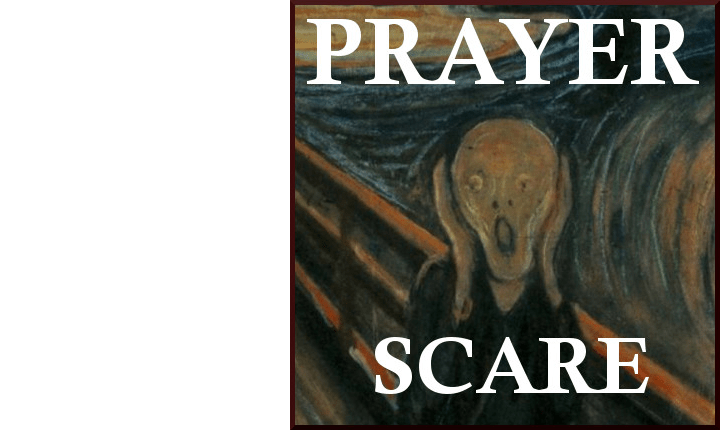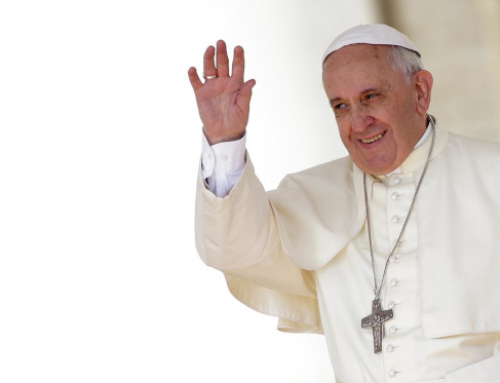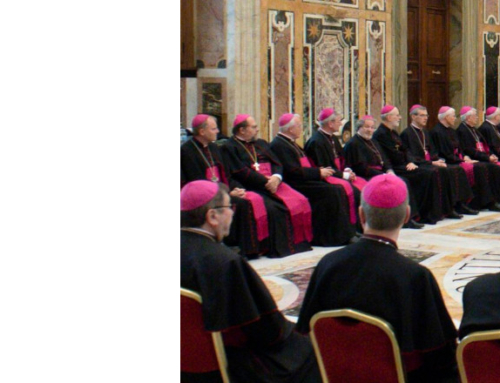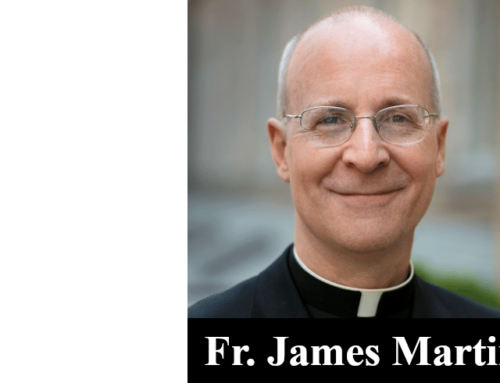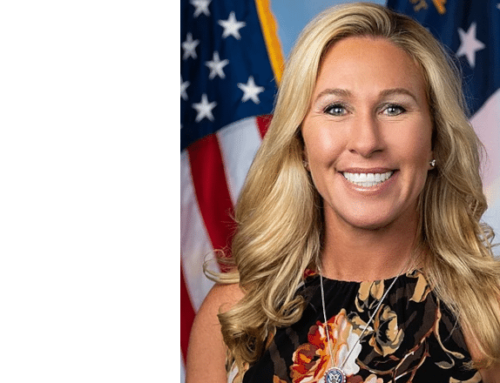Catholic League president Bill Donohue comments on critical reactions to prayer and religious conversations:
A half century ago, those who were not religious tended not to be anti-religious, so they had no impact on the faithful. That’s changed. With almost three in ten Americans not adhering to any religion, there has been an increase in secular militancy, the likes of which we have never seen before in this country.
It’s not just the increase in the “nones” that is troubling (those who answer “none” when asked what their religious affiliation is), it’s the changing cultural milieu that is a problem. We can thank the ruling class –the elites who command our most important institutions—for this development. Their hostility to religion is so strong that they even object to people praying, or talking about religion, in public.
A high school student from Plainwell, Michigan was suspended for three days this year when he was caught talking to another student about religion on school property. The conversation was private and there was no attempt at proselytizing: the student who was engaged in dialogue shared the convictions of the student who opened the conversation.
The suspended student says that he was told by a teacher that he must stop talking about his Christian religion with other students for fear of hurting their feelings. Those who might overhear their commentary, he was informed, might be offended or feel unsafe. Furthermore, he was told that it was his responsibility to contact school officials if he heard about hurtful comments made by other students. His case is now in federal court.
A year ago, an off-duty police officer in Louisville, Kentucky was suspended for four months for praying outside an abortion clinic. He stopped to pray with his father, who was part of a pro-life group. He was wearing his police uniform at the time but tried to cover it up with his coat. His lawyer said the cop did not engage in political activity and prayed quietly outside the facility. He recently won a settlement from Louisville of $75,000.
In a suburb of Seattle, a high school football coach was fired for engaging in voluntary silent prayer with his players after games. The school told him he should have prayed in a school-hall closet or the press box—that way he would not be seen by other students—and not on the 50-yard-line. The Supreme Court has agreed to hear his case.
Ironically, the first person I ever met who exhibited a prayer scare was the founder of the ACLU, Roger Baldwin. I interviewed him in his home in New York City in 1978 (it was part of my New York University Ph.D. dissertation). Here is the exchange (it can be found in my first book, The Politics of the American Civil Liberties Union):
“Donohue: The ACLU has even gone so far as to deny the right of people to voluntarily take the time during the day, as a schoolchild, to say a prayer.
Baldwin: Not on school time.
Donohue: Well, whose rights are being infringed upon if there is a silent prayer voluntarily said by a student?
Baldwin: If they don’t say anything? You mean if they don’t—-
Donohue: Right. Are you afraid they are going to proselytize the rest of the class?
Baldwin: Well, they tried to get around it. They’ve tried to get around it even further than you by calling it meditation.
Donohue: What’s wrong with that?
Baldwin: You don’t say anything about God or religion or anything. I suppose you can get by with that but it’s a subterfuge, because the implication is that you’re meditating about the hereafter or God or something.
Donohue: Well, what’s wrong with that? Doesn’t a person have the right to do that? Or to meditate about popcorn for that matter?
Baldwin: I suppose that—it sounds very silly to me because it looks like an obvious evasion of the constitutional provision.”
In the three current aforementioned cases, and the Baldwin one, there is something going on here that transcends any alleged constitutional problem.
It’s ironic: These people accuse religious Americans, especially those who talk about religion in public, or pray in public, as being irrational, yet their prayer scare makes no rational sense. What are they really afraid of?
The cancel culture is more than just about speech—it’s about religious thoughts. These mind-control freaks are beyond weird. Indeed, they are a danger to a free society.


